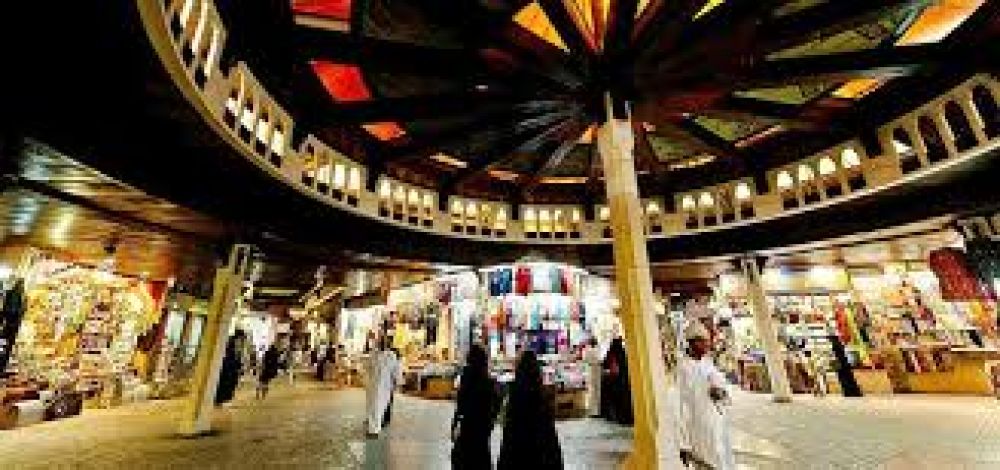

Nestled within the ancient city of Ibri in Oman, the Ibri Souq stands as a testament to the region's deep-rooted history of trade and tourism. For centuries, the souq has been a bustling center of commerce, attracting merchants and shoppers from across the Middle Eastern region.
Ibri holds a special place in Oman's history for its archaeological sites and its traditional souq. The history of tourism in Ibri Souq intertwines with the history of the city itself, which dates back to the third millennium BC. It was once a pivotal stop on the caravan routes that crisscrossed the peninsula, facilitating the exchange of goods and cultural practices between diverse communities.
Over the years, with changing trade dynamics and modern development, the Ibri Souq has preserved its quintessential character while adapting to the needs of contemporary visitors. The souq, with its winding alleys and vibrant stalls, continues to draw in tourists seeking a slice of authentic Omani culture.
In recent times, Ibri Souq has witnessed a surge in interest, as the growth of cultural tourism has brought a new wave of visitors eager to explore Oman's rich heritage. The souq's diverse array of merchandise, from traditional Omani handicrafts to aromatic spices, offers a unique shopping experience that is both educational and enjoyable for tourists.
The latest trend in tourism at Ibri Souq and across Oman is the emphasis on sustainable and responsible tourism practices. There is a concerted effort to ensure that the traditions and environment of the souq are preserved for future generations while providing economic opportunities to the local community. Tourists are increasingly seeking authentic experiences that allow for a deeper understanding of the local culture, history, and way of life.
Recognizing the cultural and historical significance of the Ibri Souq, the Omani government, along with local authorities, has implemented measures to preserve its architectural integrity and promote its heritage. This includes restoration projects and initiatives to boost cultural tourism, ensuring that the souq remains a living legacy of Oman's storied past.
When visiting Ibri Souq, tourists can expect an immersive experience that encompasses history, tradition, and local craftsmanship. It is advisable to visit during the cooler months, from October to March, when the weather is more conducive to exploring outdoor markets.
As a destination rooted in historical splendor and cultural richness, Ibri Souq in Oman continues to enchant travelers the world over, maintaining its position as a jewel in the crown of Middle Eastern tourism.
Visitors to the souq are encouraged to engage with local artisans, sample traditional Omani food, and participate in the lively haggling that is a hallmark of the market experience. By doing so, tourists not only gain a profound appreciation for Omani heritage but also contribute to sustaining the economic vitality of the Ibri Souq community.
A visit to Ibri Souq offers a window into the ancient trade routes that shaped Oman's history. It is through the preservation and celebration of such historical landmarks that Oman continues to thrive as a unique and intriguing destination for tourists seeking an authentic Middle Eastern experience.